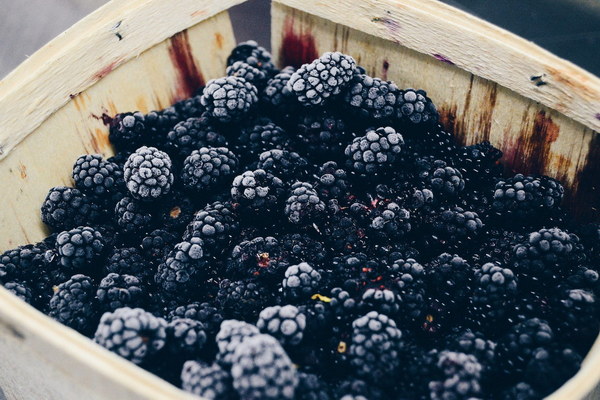The Sweet Dilemma Does Honey Help or Harm in Dampness-Driven Health Conditions
Honey, a natural sweetener that has been cherished for centuries, is often found in the kitchen shelves of many households. While its sweet taste is well-accepted, there has been a lingering debate about its effects on dampness-driven health conditions. Is honey a friend or foe in the battle against dampness? Let's delve into the intricacies of this sweet dilemma.
Firstly, it is essential to understand what we mean by dampness in this context. In traditional Chinese medicine, dampness is considered an internal imbalance that can lead to various health issues, such as fatigue, joint pain, and water retention. Now, the question arises: does honey contribute to dampness or alleviate it?
The argument in favor of honey's dampness-relieving properties can be supported by its natural anti-inflammatory and diuretic effects. Studies have shown that honey contains antioxidants, which can help reduce inflammation in the body. Furthermore, honey has been found to enhance the activity of antioxidants in the body, leading to improved overall health. By reducing inflammation and promoting diuretic effects, honey may help in alleviating dampness-related symptoms.
On the other hand, opponents argue that honey is a sweet and sticky substance that can exacerbate dampness in the body. According to this viewpoint, excessive consumption of honey can lead to an accumulation of dampness, which can further worsen health conditions such as obesity, diabetes, and joint pain. In traditional Chinese medicine, sweet foods are often associated with dampness, as they can slow down the body's metabolism and lead to the accumulation of dampness.
So, what is the truth? The answer lies in moderation. While honey can have dampness-relieving properties, excessive consumption can indeed exacerbate dampness. Here are some tips to ensure that honey becomes a beneficial addition to your diet:
1. Limit your intake: Aim to consume honey in moderation. A small amount can provide health benefits without causing any harm.
2. Pair it with other foods: Combining honey with foods that have diuretic properties, such as cucumber or watermelon, can help balance its effects on dampness.
3. Choose raw honey: Raw honey contains more antioxidants and beneficial enzymes than processed honey, making it a healthier option.

4. Be aware of your body: Pay attention to how your body responds to honey. If you notice any adverse effects, such as an increase in dampness-related symptoms, it may be best to reduce your intake.
In conclusion, the sweet dilemma of honey's role in dampness-driven health conditions is a complex one. While honey can have dampness-relieving properties, excessive consumption can exacerbate dampness. By following the tips mentioned above, you can make honey a friend rather than a foe in your quest for a healthy, dampness-free body.









